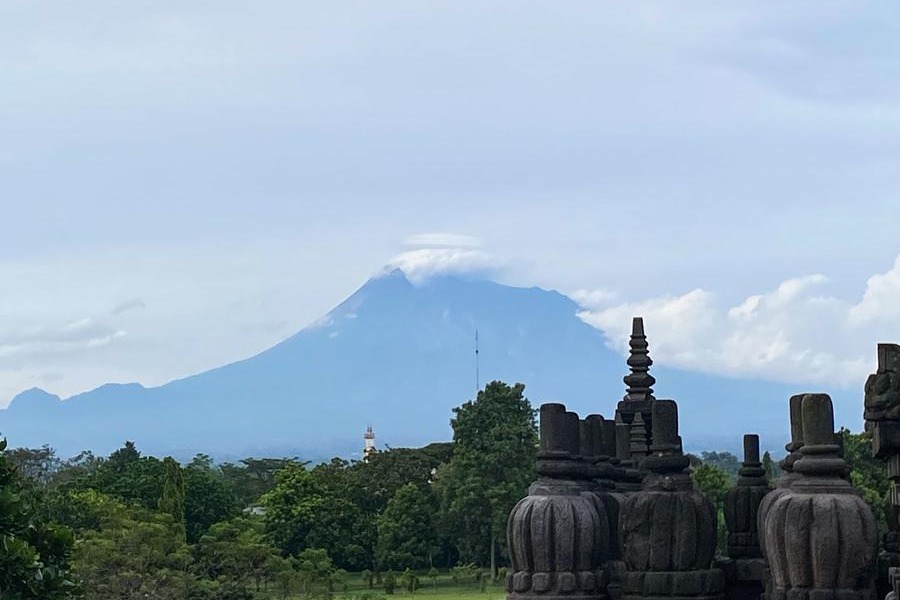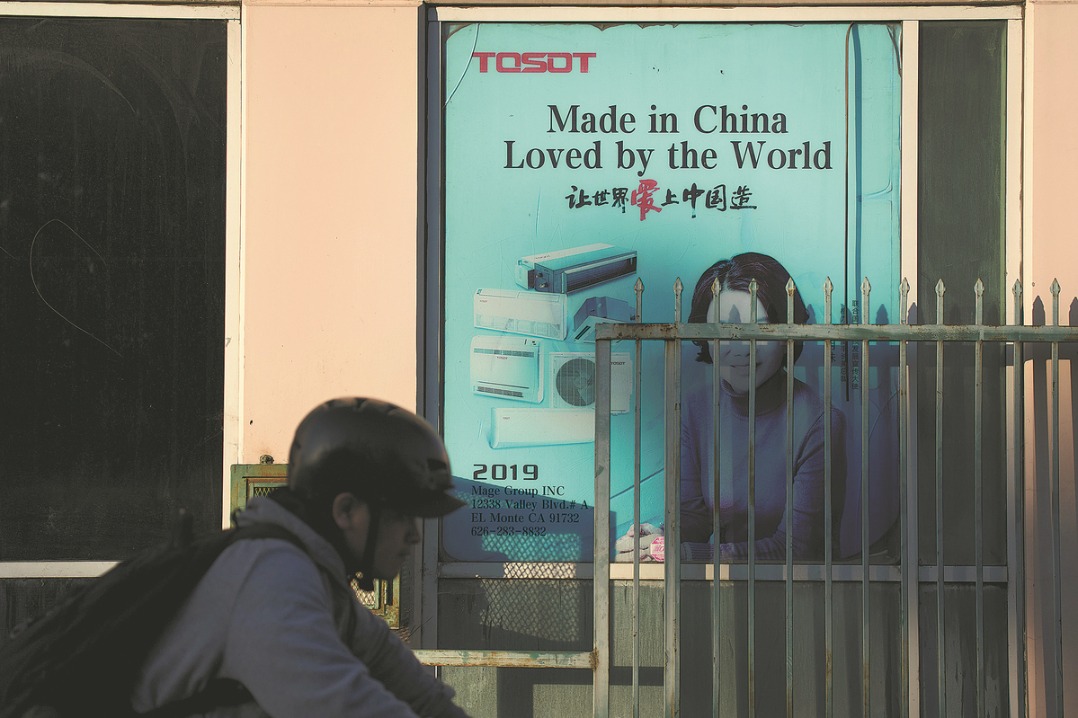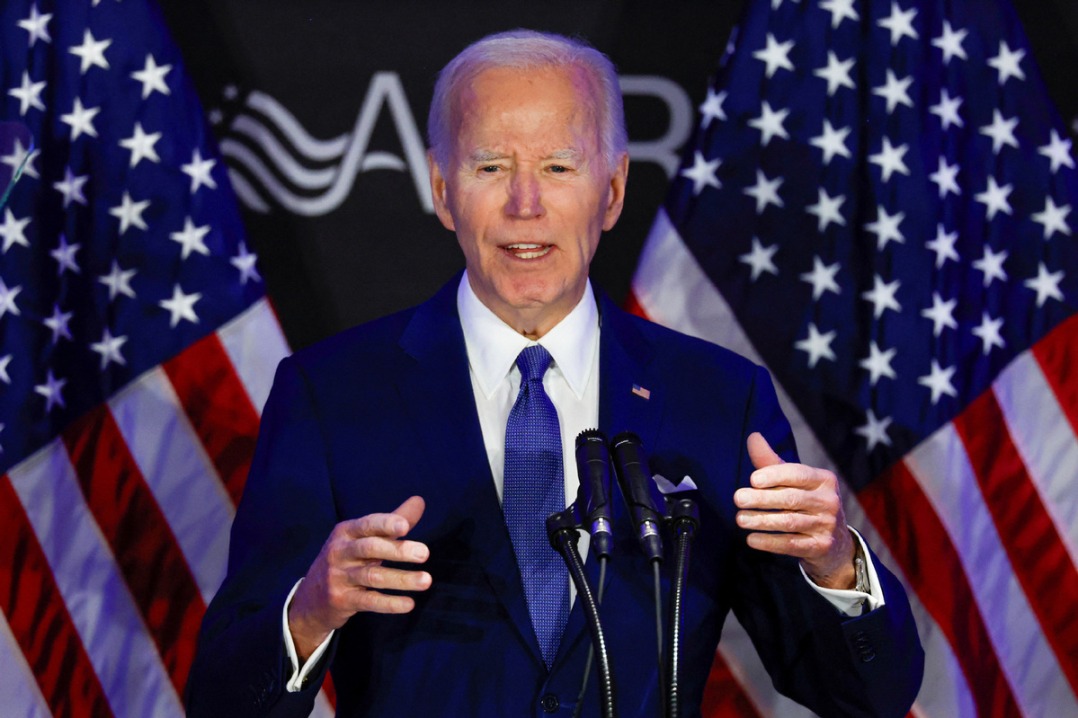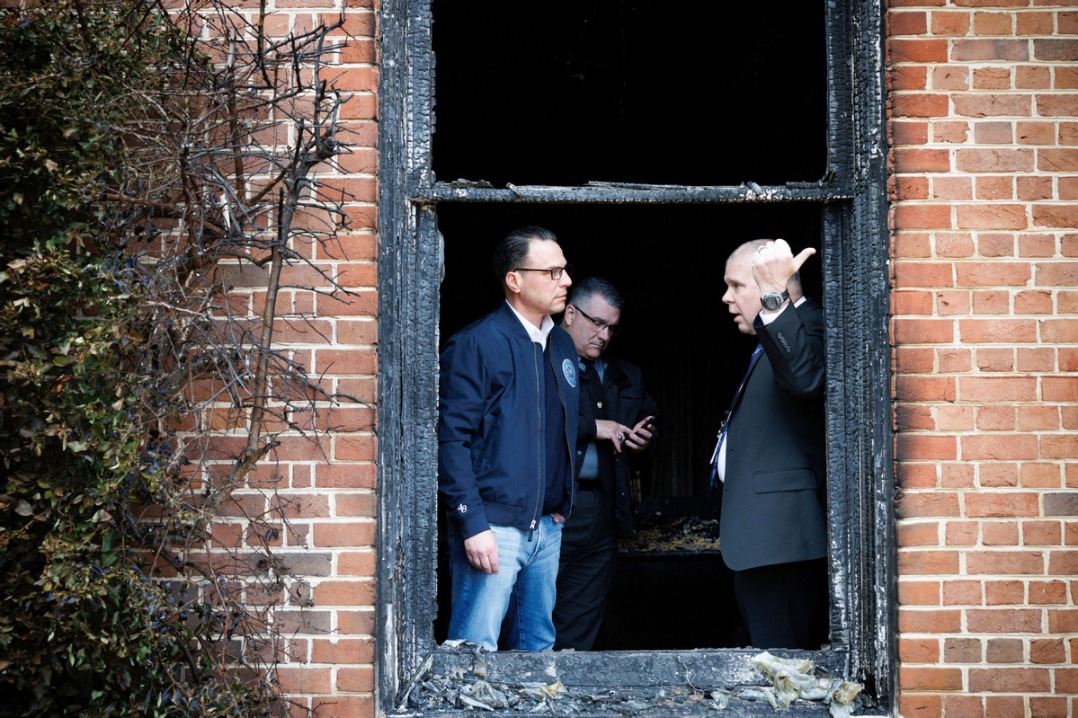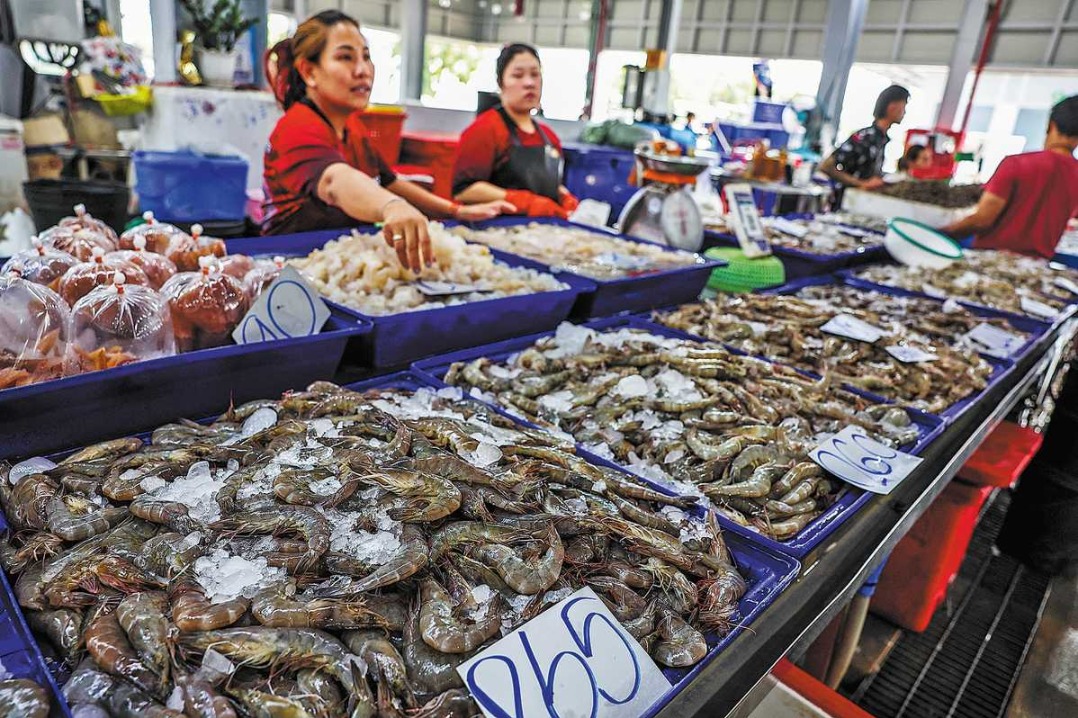Seoul plans levy talks with Washington

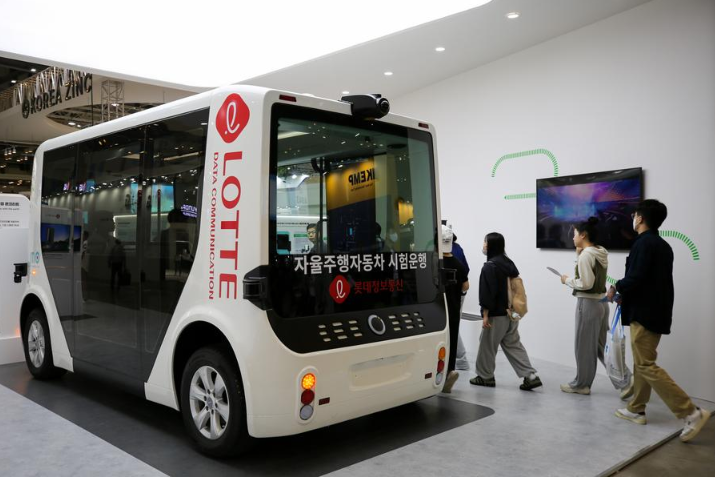
South Korea's finance minister will visit the United States next week in a bid to minimize the impact of Washington's tariffs on Asia's fourth-largest economy, though uncertainty remains.
Choi Sang-mok, also deputy prime minister, is scheduled to meet US Treasury Secretary Scott Bessent in Washington during next week's G20 finance ministers' meeting and the annual International Monetary Fund gathering, Yonhap News Agency reported.
The meeting was initiated at Bessent's suggestion, South Korea's finance ministry said.
Trade Minister Ahn Duk-geun is also expected to travel to the US as early as next week for tariff negotiations, Yonhap said.
The scheduled talks come in the wake of a Wall Street Journal report that the administration of US President Donald Trump is planning to use tariff negotiations with some 70 countries to restrict their interactions with China, including curbs on goods transit and business operations.
South Korea's economy is under increasing pressure as Washington's tariff war escalates. On Wednesday, Morgan Stanley projected the country's growth rate to slow down to 1 percent this year, citing tariff uncertainty.
Although South Korea maintains near-zero tariffs on US goods under a bilateral free trade agreement, Washington has imposed an additional 25 percent "reciprocal tariff" on South Korean imports based on trade deficit.
A 90-day suspension of the proposed tariff hikes on countries other than China has since been announced to allow time for negotiations.
South Korea is the sixth-largest trading partner of the US. Their bilateral trade reached $197.1 billion last year, with the US recording a $66 billion trade deficit — a 29.2 percent increase from 2023, according to the Office of the US Trade Representative.
Rise in investment
However, a report published on Sunday by the Korea Institute for Industrial Economics and Trade said South Korea's expanded exports to the US in recent years were driven by a rapid rise in South Korean corporate investment in the US, which led to increased exports of intermediate and capital goods.
South Korea also faces challenges in industry-specific tariffs, such as a 25 percent duty on vehicles and levies targeting semiconductors and biopharmaceuticals.
In response, the government has proposed an extra budget of 12 trillion won ($8.46 billion) to support key sectors.
During a meeting with Maryland Governor Wes Moore on Wednesday, South Korean Acting President Han Duck-soo said Seoul is seeking a "win-win solution "with the US, according to his office.
Han also spoke by phone with Trump last week, discussing South Korea's trade surplus, tariffs, shipbuilding, among other issues.
The call drew criticism from the opposition Democratic Party. Former lawmaker Hong Sungkook said on Wednesday that Han should respond to the tariff issue carefully and leave the decision to the next administration.
"Following soaring interest rates and a plummet in the stock market, an economic recession of the US has become a reality … there is no need to rush (for negotiations) at the moment," Hong said.
In a Tuesday editorial, South Korea's Hankyoreh newspaper said Trump's "temperamental tariffs" are eroding trust in the US, given the lack of a rational basis for treating trade deficits as evidence of foreign "trade barriers".
"The South Korean government should not attempt to pursue any reckless negotiations under the current irrational conditions," it said.


















